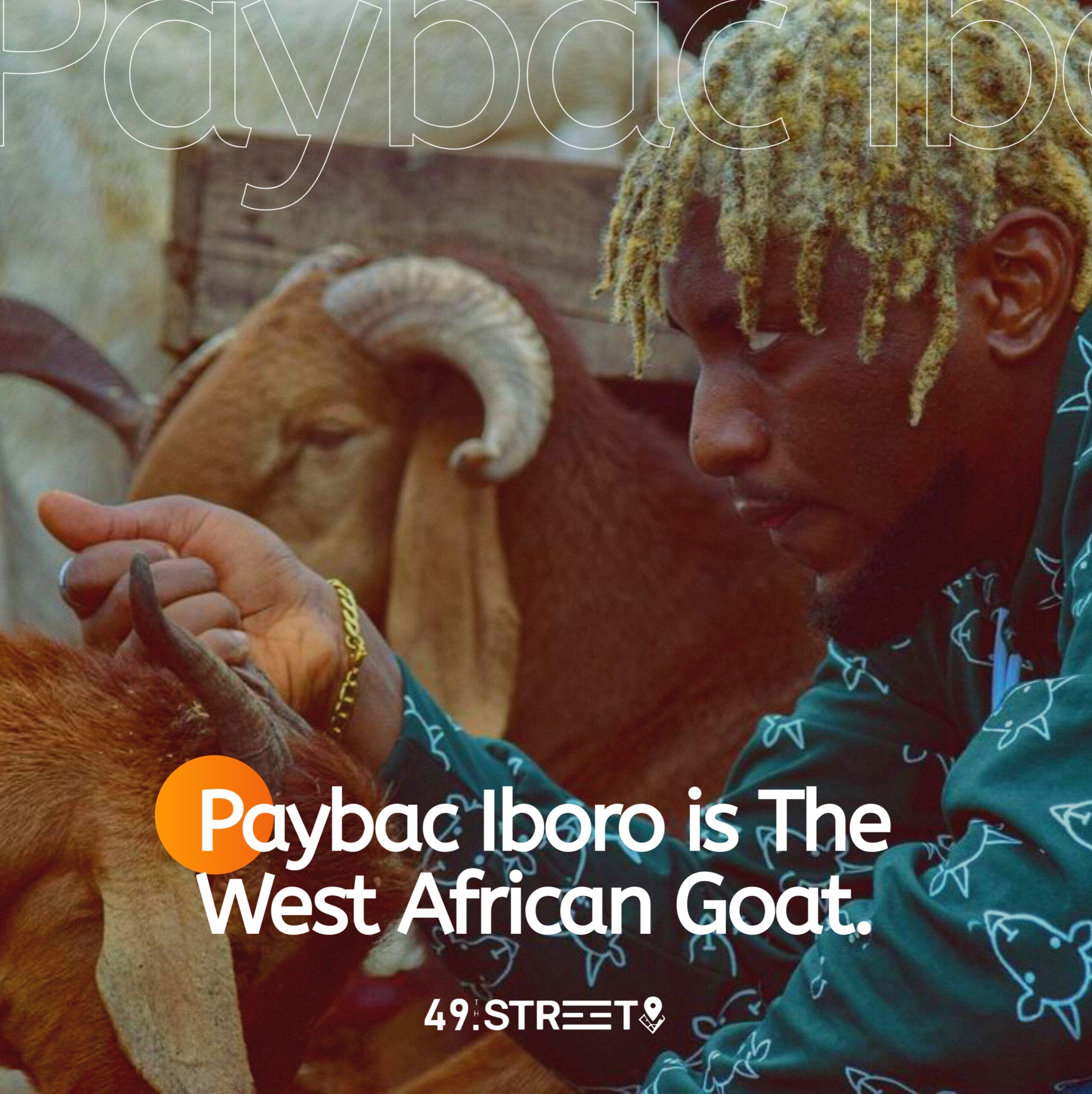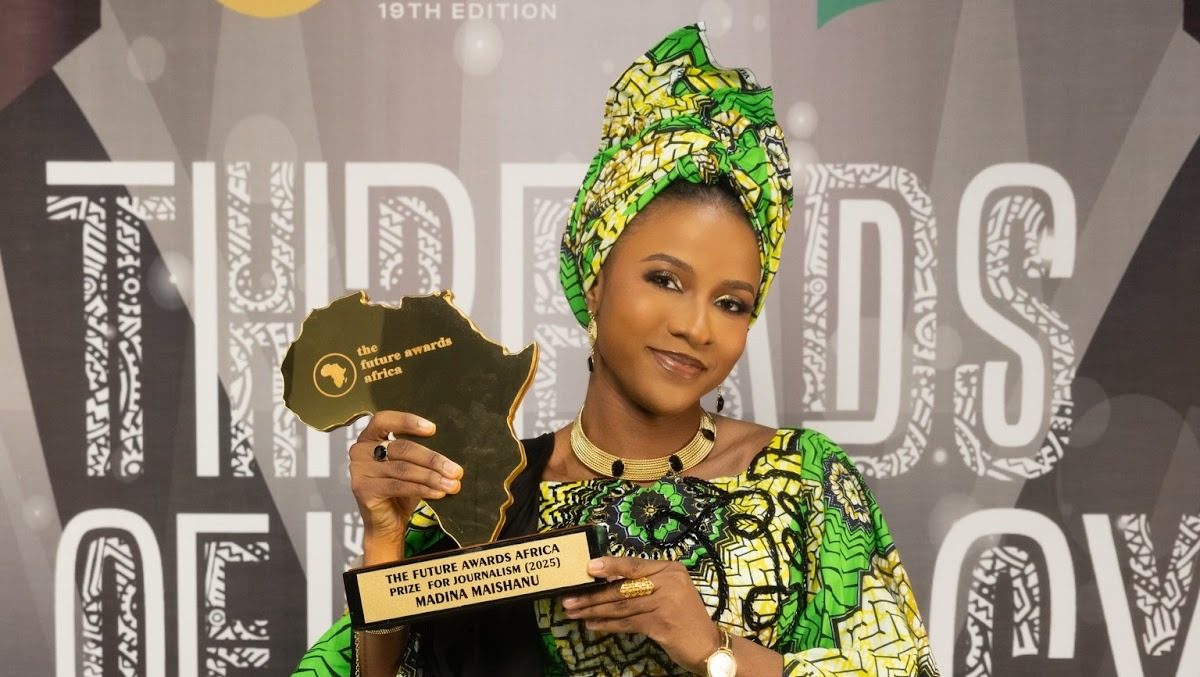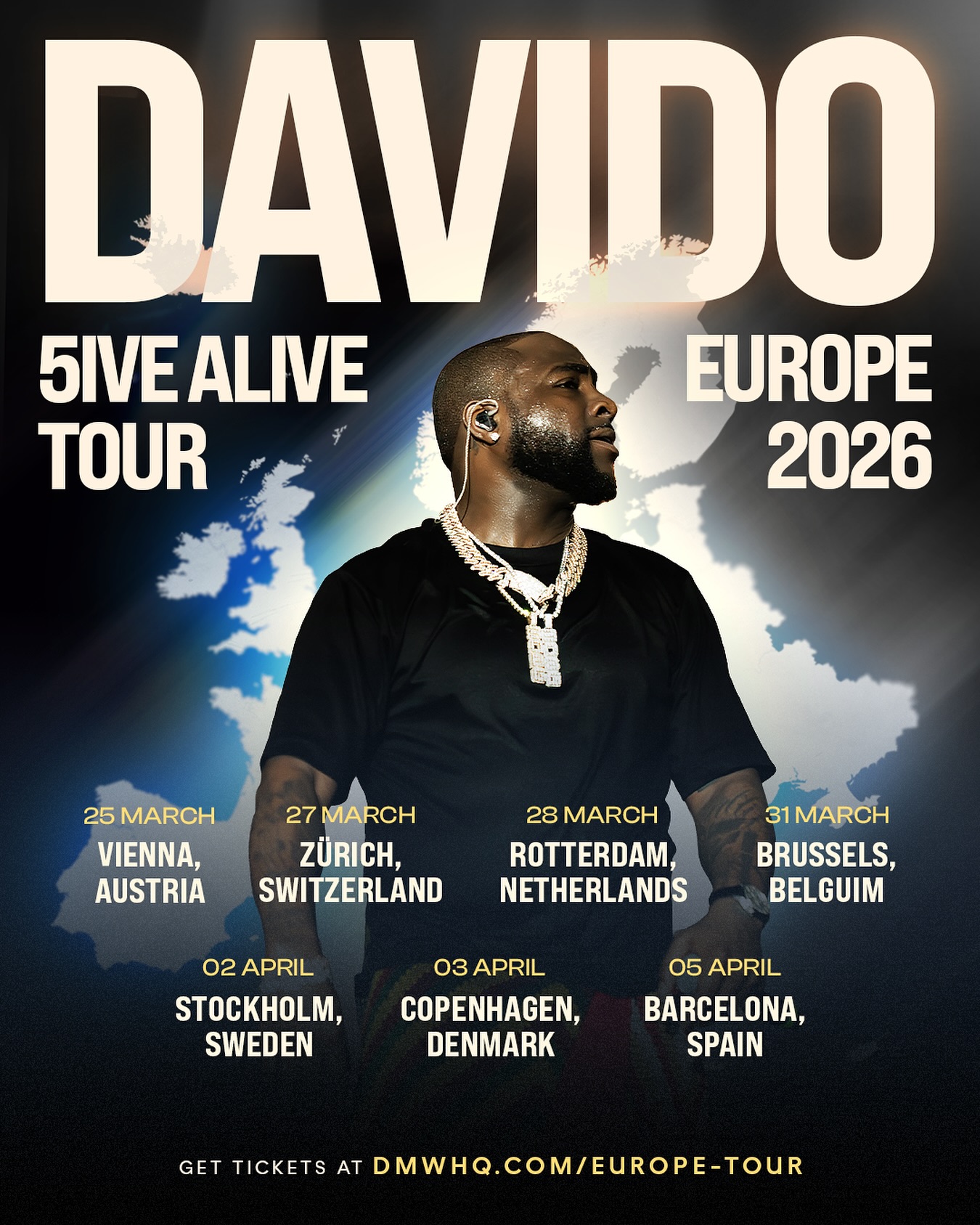The Headies is Nigeria’s closest thing to the Grammys, a glamorous music award show that has been around for nearly two decades. The Headies has defied the odds to become Nigeria’s foremost award. In that time span, we have witnessed the rise of global superstars like Wizkid and Davido making the trajectory from winning the Next Rated award to winning the Artiste of the Year award. There has also been a lot of drama, with Burna Boy storming out of the award show in 2013, and Olamide and Don Jazzy having a face-off in 2015. More importantly, The Headies has rewarded excellence by spotlighting Nigerian artistes who do not play on the biggest stage, but in niche categories, and one of such artiste is Paybac Iboro.
As a two-time Headies nominee, one would expect Paybac Iboro to lead a superstar lifestyle, with the blings and fast cars. This isn’t the case for Paybac, at least not in 2021. Nominated in the best rap album category for his sophomore full-length album, “Cult!”, Paybac rode in a Danfo (a Nigerian public bus) to the Headies. In many ways, this symbolizes the novelty of Paybac Iboro’s artistry. In a time when Nigerian hip-hop is largely superfluous and unrelatable, Paybac Iboro is one of the few rappers telling real Nigerian stories. The reason for this is simple, Paybac Iboro lives his raps.
For the Lagos-born rapper, three events shaped his love for hip-hop and informed his decision to be a rapper; his late sister Ekere annotating the lyrics of popular hip-hop songs in the 90s; a schoolmate performing Puff Daddy and Mase’s I’ve Been Around The World; and his friend in secondary school writing and performing an original song.
Born Caleb Iboro Hanson, Paybac Iboro is a native of Cross River state who has spent his whole life living in Lagos. The fine blend between his southern origins and the bustle of the metropolitan city of Lagos is evident in the lingo and substance of his music. You often hear Paybac make references to deities like “Abasi” and “Ekwensu”, while name-dropping major towns in Lagos like Ikotun, Festac, and Isolo. This is an essential ingredient that makes Paybac’s music relatable to the average listener. However, this was not always the case.
Like most 80’s Nigerian kids, Iboro had an unhealthy obsession with Western pop culture in his formative years, and that created an identity crisis. For him, his art is a way of reclaiming his identity as a Nigerian, it is a means for him to identify as Iboro instead of Caleb. Interestingly, Paybac started out making “rappity rap” mirroring the American style (the first song that this writer heard him on was Hurricane with Reminisce), but he had to make a switch to find fulfillment.
“Around the time I made Hurricane, I had started losing interest in making music. The idea of rapping to prove how good I could rap felt very repetitive. I felt like I didn’t need to spend my life creating the best version of that”, he explained. “I was very lost as a kid, and my art since 2017 has been me trying to find myself. I can do the “rappity” and fly rap shit probably better than almost anybody, but when I listen to it, I don’t find myself, it only makes me feel cool. But when I listen to songs like Brother Bartho and Afroskanking, I feel like myself, I feel the gravity of myself as a human being. I am a Nigerian human being, and my goal is to make genius Nigerian music.”, he added.
On finding inspiration to create the type of music he makes now, Paybac revealed that it came from listening to a lot of old classic albums. “I had a friend who had a lot of old music. One day I was lucky enough that he gave me a lot of old albums. He gave me every single The Beatles album, a couple of Pink Floyd and Marvin Gaye albums, and a lot of other old albums.” The experience he enjoyed from listening to these albums birthed the next phase of Paybac Iboro’s artistry.
However, to enter the new phase, he had to come to a painful realization about popular hip-hop music. “The way hip-hop is, you make music mostly about how cool you are, how dope you, how fly you are, how deep you are. Somehow, it is something about your situation you have to reflect on.” He found something entirely different in all the old music that he was listening to at the time, “In all that 60’s, 70’s, and 80’s music, they made music about ideas, concepts, and feelings. For example, there’s a Beatles song called “Why Don’t We Do It On The Road?”, and that song was made about two monkeys that they saw having sex on the road.”
Following this realization, Paybac Iboro started on the path to becoming a rounded artiste, thinking as a songwriter, and not just a rapper. “I want to create songs that feel like the fabric of society. Songs that will exist in any reality,” he declared passionately.
Paybac Iboro refers to his type of music as Afro Skanking. It is African and Nigerian in essence, with influences from all over the world. He combined the ideas he got from listening to the old American albums, with West African essence from music by legendary artistes like Fela and The Funkees. “If you want to break down the genres in my music, it is Afrobeat, Hiphop, Soul, Funk, Rock, Reggae. Afro Skanking is a rough and rugged blend of melodies, feelings, and rap.”
Paybac Iboro has several monikers; he is referred to as The Biggest Tree, The Leader of the Cult, as well as the West African Goat. These monikers are derived from the names of his three solo studio albums – ‘The Biggest Tree’, ‘Cult!‘, and ‘West African Goat’ – which many of his fans perceive to be a trilogy. It came to me as a surprise when Paybac Iboro revealed that he did not set out to create these albums as a set of three. As a matter of fact, he intended The Biggest Tree to be his last body of work. “I created The Biggest Tree as sort of a suicide note. I was in a very depressed state, so I wasn’t looking at the future. I only wanted to leave something behind. It was when I started creating Cult!, that I started to get the idea of an extended story.”
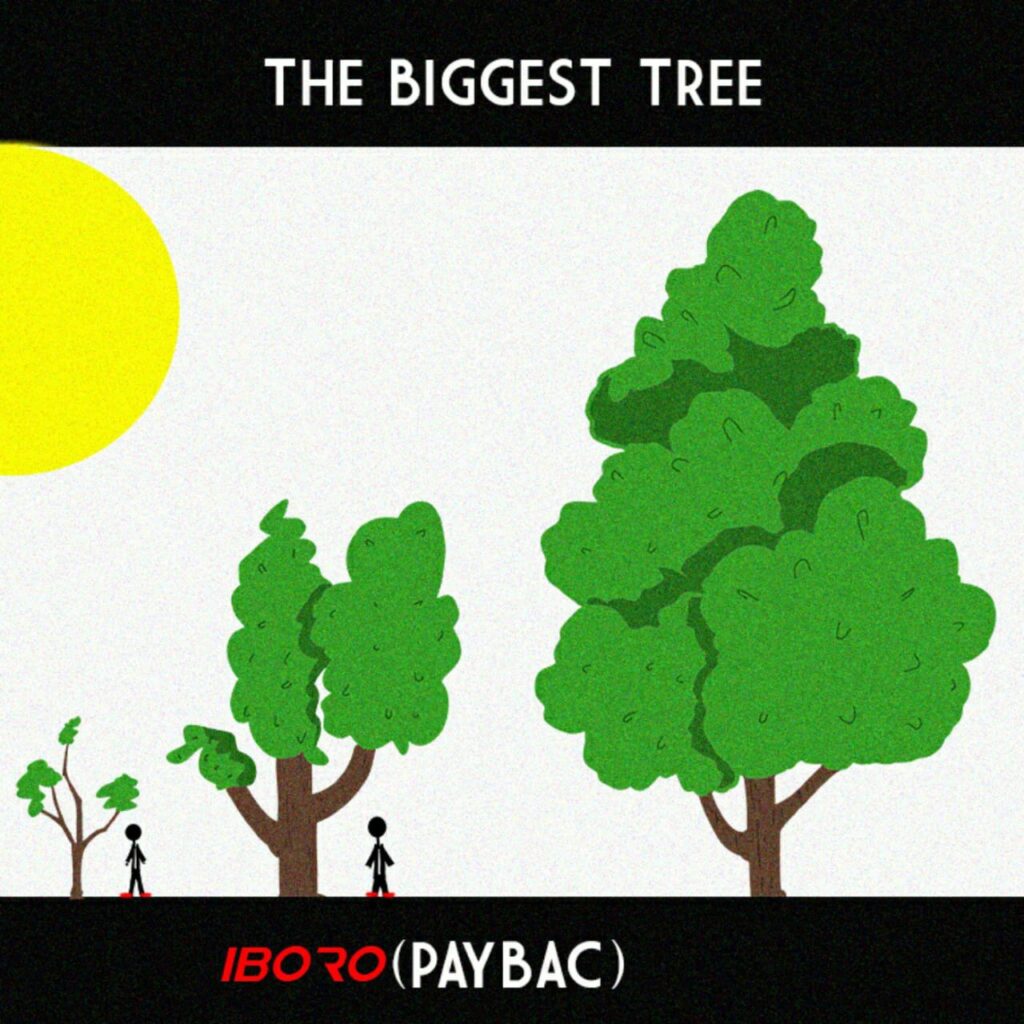
One feature that all three Paybac albums have in common, is the presence of a central theme. He curates bodies of work that detail his experiences as an everyday Nigerian man, which is why there is a clear progression from one album to another. In an attempt to deconstruct what each album means, Paybac Iboro explains that “There is Paybac who is the “rappity rapper”, and Iboro who is the real human. “The Biggest Tree” was the discovery of Iboro, and “Cult!” was Iboro’s first time showcasing himself as a fully formed human. That is the reason there are songs about love, politics, and depression on “Cult!” It was a brash statement of someone coming out of his shell. On West African Goat, Iboro is fully formed and has a clear understanding of his talents, aspirations, and dreams.”
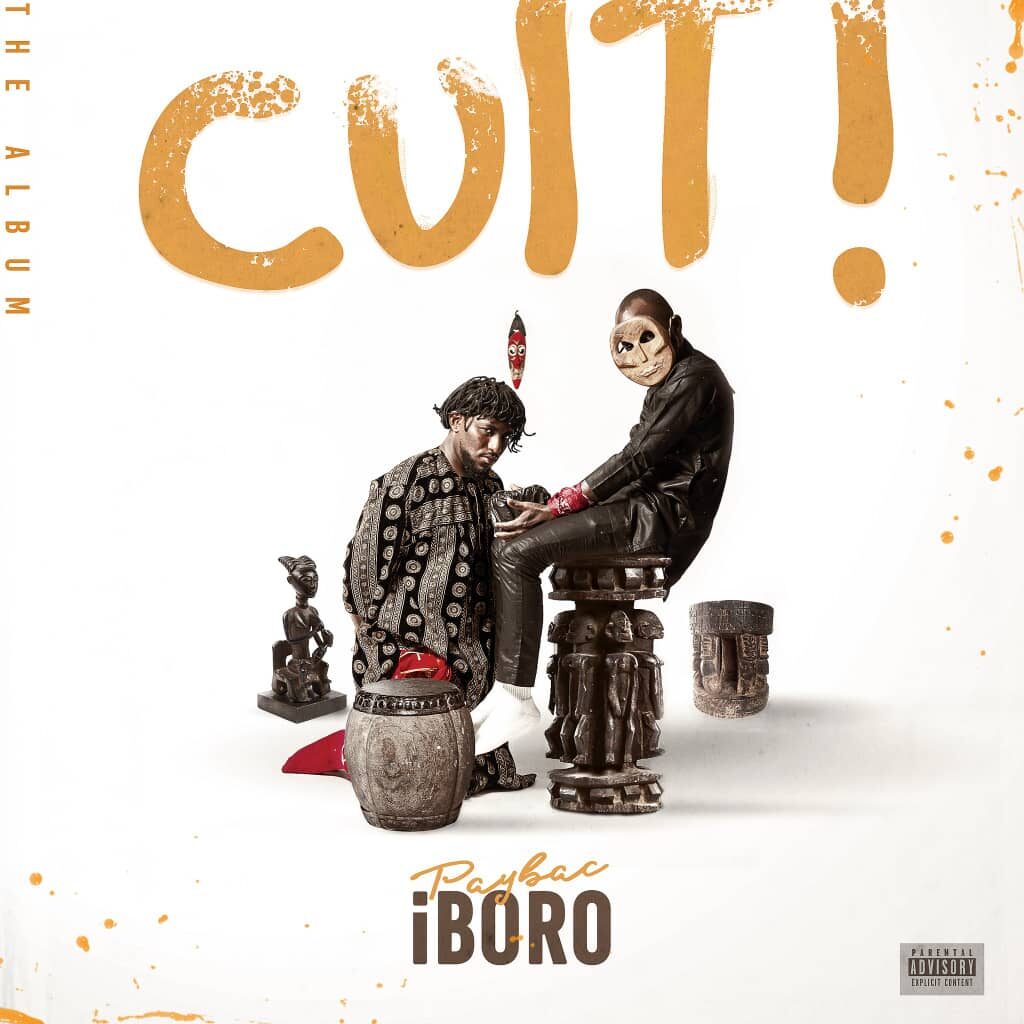
Listening to a Paybac Iboro album feels like entering a new universe, a world created by the genius mind of the rapper. Speaking on what his creative process for curating a body of work is, he likened it to painting. “Every album starts with a theme. Like they say “Start with the end in mind”. So I start with the theme, and I sink into the world of the theme to create. I just start throwing paint on the wall. After doing this for a couple of months or years, I pick the best ones, see the story they are telling, and curate the album.”
A Paybac Iboro album is not complete without Nollywood references and sound cuts that tell the story of the everyday Nigerian. Speaking about the Nollywood influences that are present in his music, Paybac was giddy with joy when I compared his albums to a Zeb Ejiro flick. Talking about the importance of Nollywood to him, he revealed that it was a part of reclaiming his identity. “I loved a lot of those movies (old Nollywood flicks) before I tried to be more American, so all those references are still part of me reclaiming myself.” “I didn’t go by Iboro for a long time until I got to Uni. I was like “What the fuck is Caleb? Fuck Caleb, my name is Iboro”, he declared.
Perhaps, the best quality of Paybac’s music is the vulnerability that he is not scared of letting show. On The Biggest Tree, a three-song run spanning House 22, Help Me!, and Demons has him talking about his depression, dealing with loneliness as a child, and hearing voices in his head. In a society like Nigeria, it is not commonplace for men to openly talk about their struggles, and talk more of channeling it through their music.
For Paybac Iboro, music is the only way of expressing his suppressed emotions. “The weird thing about the vulnerability is that I’m not a vulnerable person in real life. I’m an emotional person, but I learnt early that as a man being emotional doesn’t work in your favour. So I learnt how to bottle my shit up very easily since I was about 9 years old. The number of people who know my life and my struggles are very few. Somehow, God gave me the talent to express myself, ‘cos I don’t know how I would cope if I wasn’t making music about my feelings.”
Speaking on why he makes sad songs, Paybac Iboro revealed that he does it to connect with people that struggle with their mental health problems, “I’m someone that has had to deal with a lot of mental health issues. All of the struggles that a lot of us go through, we think that we are the only ones going through it. So I make these songs to let them know that they are not alone.”
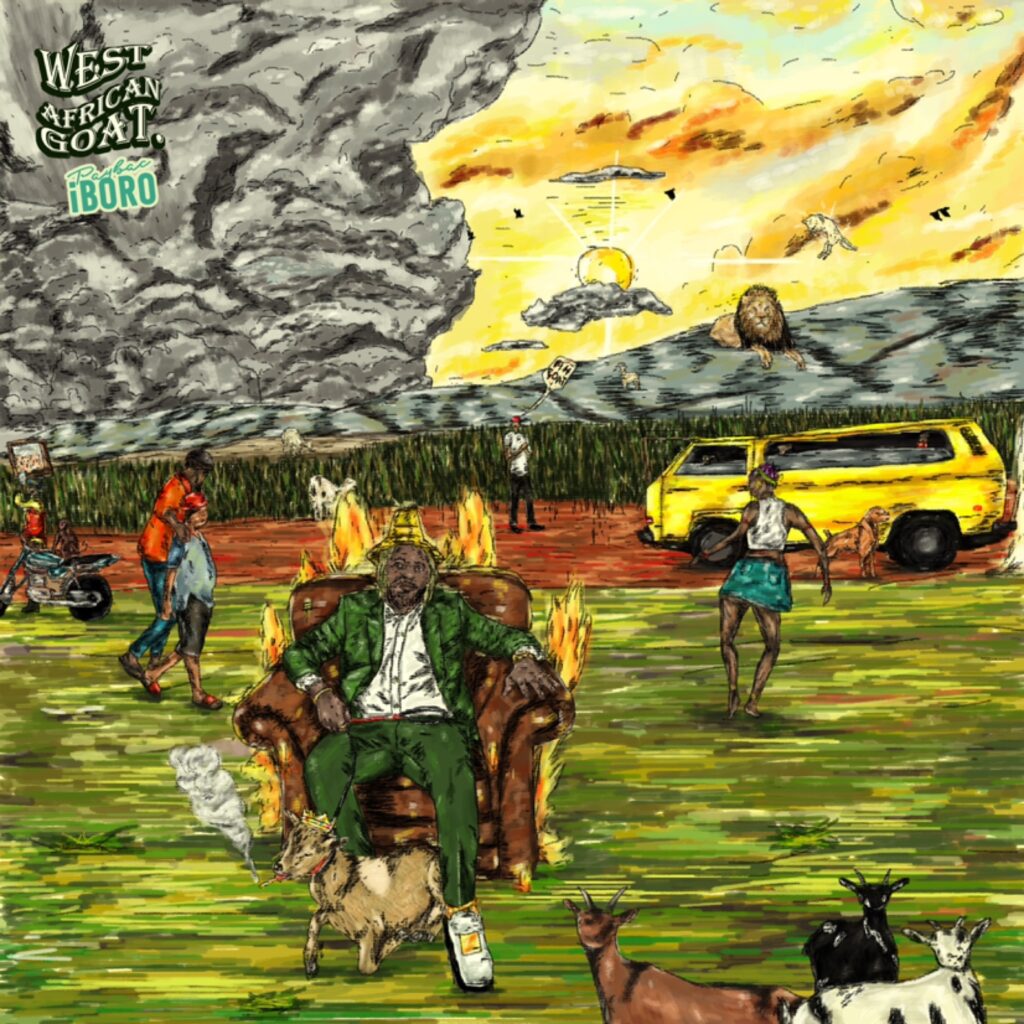
Speaking on the making of West African Goat, Paybac Iboro revealed that he did not plan to make another rap album after “Cult!”. His initial plan was to experiment with sounds, doing more singing and exploring alternative genres. However, the story of the album did not come together until he got a theme that necessitated a change in plans, “The album came together once I zoned in on the story of the West African Goat, the kid that went through the fire to become the GOAT.” “I wanted to create a soundtrack for longsuffering”, Paybac Iboro said about his aim when creating “West African Goat. “This is because to be the GOAT in any career path, you have to go through a period of long suffering, which I call the fire. No one really celebrates that part of your journey.” He explained.
West African Goat is a brilliant collection of songs that touches on different facets of Nigerian life. When I asked him if he achieved his aim for the album, Paybac had no doubts about it, he said, “Yes, I did. Now, my dream is to have something relatable, worldwide. An idea that will reach out to every single mind. But obviously, because of the language barrier, that will be difficult. But then, as far as the Nigerian mind goes and even the African mind, I think I portrayed it very well.”
Listen to West African Goat here.

